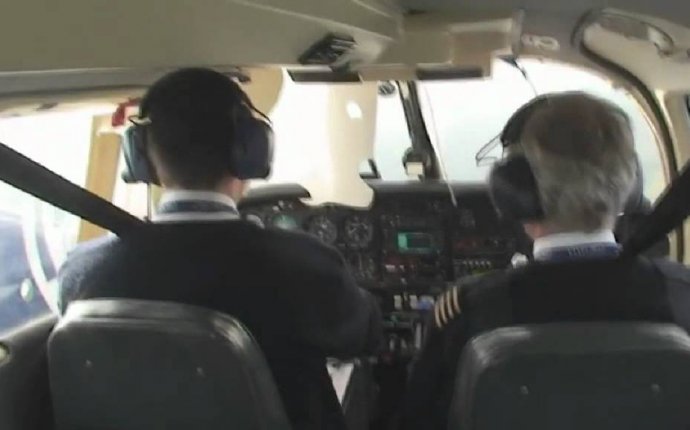
How to become a good pilot?
As long as there have been pilots, there have been instructors, cum writers, who have been eager to develop cure-all lists of the magic ingredients required to become an ace aviator. And this is another of those lists. Whats so special about this one? There isnt anything here that hasnt been included on many of the self-improvement lists, which have gone before. And thats exactly what makes this one special, if not different.
The basic fact that so many of these make yourself a better pilot tips have been trotted out in front of generation after generation of pilots says that instructors are finding many of the same problems are passed down through those generations. What was true thirty years ago is still true today. Therefore, the concept behind this list is simple: if you follow all, or most of it, your skill will improve dramatically. Its no more complicated than that and it never has been.
Yes, there are lots of other tips that could have been included, but these will do for a starter:
Pay attention to what your butt is telling you
If you had to select just one skill area to improve, it would have to be coordination. Just knowing when and how to use your feet in keeping the ball centered would put you in the top few percent of pilots who feel what the airplane is telling them through the seat of their pants. Keeping the ball centered results in an airplane that is more efficient and flies a given line much more precisely. If you cant feel it through your posterior, at least pay some attention to the skid ball. A little time spent keeping the ball centered will pay big rewards.
The nose is talking too. Understand what it is showing you.
Nose attitude is the primary instrument for airspeed control in light aircraft. The go-fast gage just repeats what the nose told you a few seconds earlier. The nose also tells you what the airplane is about to do next. If you are always aware of what the nose is doing and can control it in all situations, youll never get in trouble plus youll always have the right airspeed nailed.
Understand the airplanes aerodynamics
Most pilots have a basic knowledge of why an airplane flies, but few have spent the small amount of time necessary to truly understand the nuances that tie so many aerodynamic factors together into that fantastic thing we call flight. Its not necessary you become an aero engineer. Just having a handle on the effects of angle of attack as well as the ramifications of the way control surfaces change the camber of the wing and tail, would put you much more in touch with the machine.









